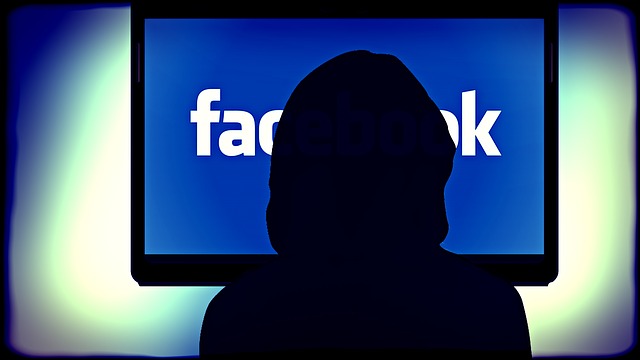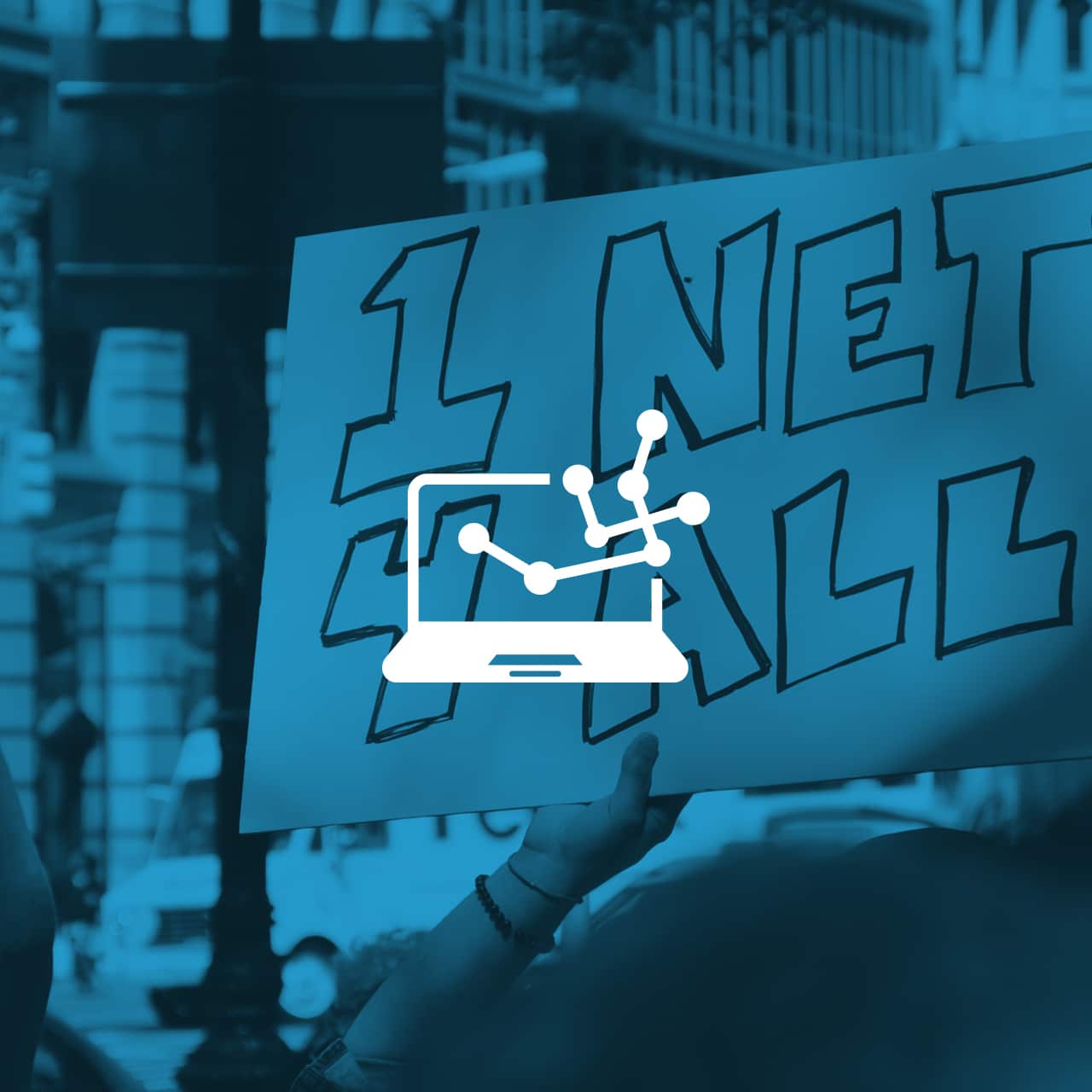
Today Facebook announced several changes to Internet.org in response to growing international complaints about the program. While some of the changes are positive, our core concerns remain — the program now known as Free Basics violates Net Neutrality and establishes Facebook as a global gatekeeper for internet connectivity, affecting billions of peoples’ ability to connect to the free and open internet.
Earlier this year nearly 70 rights groups from around the world — including Access — sent an open letter to Zuckerberg outlining several concerns about Internet.org’s treatment of digital rights online, some of which were addressed today. Specific changes to the Internet.org program include:
- The free connectivity app formerly known as Internet.org, which Facebook has launched around the world, is now known as “Free Basics.”
- Free Basics will allow for HTTPS/TLS, giving users the ability to encrypt their web browsing sessions. (However, there’s a catch. See below for more.)
- Updated guidelines that clarify technical guidelines, developer participation, and more.
Below are three questions we’re asking (and answering) about Facebook’s changes to Internet.org/Free Basics. We’ll be doing a deeper dive soon.
Will Free Basics respect Net Neutrality?
Net Neutrality requires that the internet be maintained as an open platform on which network providers treat all content, applications, and services equally, without discrimination. An important precept of Net Neutrality is that everyone should be able to innovate without permission from any entity.
Free Basics partners with telecommunications providers to provide free access to internet-connected services, sites, and applications, a practice often referred to as “zero-rating.” People accessing only applications pre-approved by Facebook aren’t experiencing the full breadth of the open internet, and can be deprived of options to explore opportunities for educational, commercial, cultural, and social development. Facebook is now in the position of deciding winners and losers through Free Basics. It’s no surprise that zero rating has been banned or restricted in countries such as Canada, the Netherlands, Slovenia, and Chile.
Does Free Basics maintain better security for users?
Encryption is essential for guaranteeing the privacy and security of users. Free Basics’ proposed implementation of HTTPS/TLS, a standard protocol, does not always provide encryption at critical points when users browse online. While participating websites can designate that all connections be encrypted, the same option is not available for users themselves.
Free Basics Users will be able to confirm that their connection to Free Basics itself is encrypted, but they will have no way of knowing if their interactions with websites are encrypted at every point between them and the website.
Additionally, users can verify the validity of Internet.org’s TLS certificate, but they are unable to verify that they are conducting a banking transaction with a real bank on the other side of Free Basics, as the bank’s website sits behind the Internet.org pathway. This is dangerous for people who will be banking online, or conducting other critical or sensitive interactions online through Free Basics.
Does Free Basics offer connectivity to the free and open internet?
In a word, no. Free Basics’ continues the practice of offering users a taste of restricted access before prompting them to purchase data plans. This practice fails to acknowledge the economic reality for millions of people who can’t afford those plans. Even if some users upgrade, many millions can’t or won’t, so how will Facebook address the reality of people stuck with second-tier access? New users could get stuck on a separate and unequal path to internet connectivity, which will serve to create a new form of digital divide. The final choice of developer applications available on Free Basics is left to the determination of Facebook and its partners, furthering a dangerous model where large web companies and telcos become strong gatekeepers to users who seek to access the Internet.The internet is a valuable resource in developing countries, but we must ensure this happens equitably through access to the full internet.
Bonus!
These changes to Internet.org come as Indian Prime Minister Narendra Modi prepares to visit Silicon Valley later this week during an official tour in the United States. His west coast agenda features meetings with top technology companies, including Facebook, where he will take part in a question-and-answer “town hall” alongside Mark Zuckerberg on September 27.
Mr. Modi, how do you plan to stop the use of internet shutdowns in India?
This month, authorities in the state of Gujarat — Mr. Modi’s home state — ordered the shutdown of SMS and mobile internet services in the face of public protests and unrest. Not only do they contravene international law, blanket shutdowns are bad public policy: you do not quell “rumour-mongering” by cutting off access to information. Attempts to block online tools for crowd mobilization disproportionately harm everyone by restricting access to emergency services and news reports. Blocking also cuts off avenues for public officials and community leaders to communicate accurate information or voice calls for restraint. There is no compelling evidence that shutting down of communication services improves security, further casting doubt on the value of network shutdowns as tools for public officials in democracies.
Mr. Modi, how will you protect our ability to securely communicate in private via robust encryption tools?
This month, India’s Department of Electronics and Information Technology presented its draft National Encryption Policy that would have required all citizens to store encrypted messages and data in a plaintext form readable by the government for a period of 90 days. The draft law would have also required online communication platforms who offer services in India to give the government backdoor access to their encryption tools. After a significant backlash, the government withdrew the proposal for now, though indicating they planned to bring it back soon.
